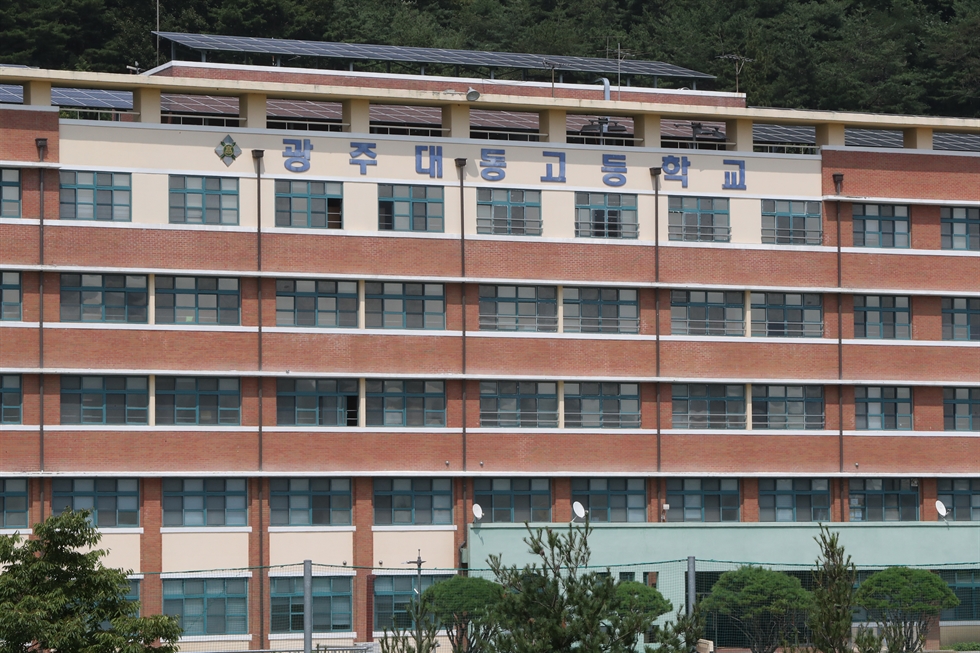Academic publishing hardly covers itself in glory, as Techdirt has reported over the years. It takes advantage of researchers’ belief that they need to publish in so-called “high impact” titles for the sake of their careers, in order to pay nothing for the material they provide. Since articles are reviewed by other academics — for free — profit margins are extremely good: around 30-40%. In order to retain these unusually high levels, the industry does everything in its power to undermine and subvert cheaper alternatives like open access, and often takes a heavy-handed approach to the enforcement of “its” copyright — even against the original author. Given this dismal industry background, it will come as no surprise to learn from Science magazine that Russian academic publishing has its own problems, fueled by the bad behavior of authors:
Academic journals in Russia are retracting more than 800 papers following a probe into unethical publication practices by a commission appointed by the Russian Academy of Sciences (RAS). The moves come in the wake of several other queries suggesting the vast Russian scientific literature is riddled with plagiarism, self-plagiarism, and so-called gift authorship, in which academics become a co-author without having contributed any work.
The article mentions the findings of Antiplagiat, a plagiarism detection company. Antiplagiat looked at over four million academic articles published in the Russian language, and found that more than 70,000 were published at least twice. Some were reused 17 times. That’s an impressively efficient re-cycling of material once it has been written, and saves people the bother of writing new papers, while racking up citations that look good on a CV.
The practice of what is known as “gift authorship” is arguably even more convenient for lazy academics. It involves selling slots on papers already written by other authors that have been accepted by a journal. No work or connection with the research is required. Instead, a site like 123mi.ru acts as a matchmaker between authors willing to sell slots on their articles, and those willing to pay for them. Prices range from around $ 500 to $ 3000 per author slot, depending on the subject matter and the journal — although the latter is only revealed after the slot has been paid for. Some articles allow up to five authors slots to be bought in this way.
Academic publishing in Russia clearly has some serious problems, which undermine its value as a measure of scholarly achievement. Sadly, the same could be said about academic publishing in the West, albeit for different reasons.
Follow me @glynmoody on Twitter, Diaspora, or Mastodon.
Permalink | Comments | Email This Story
Techdirt.



